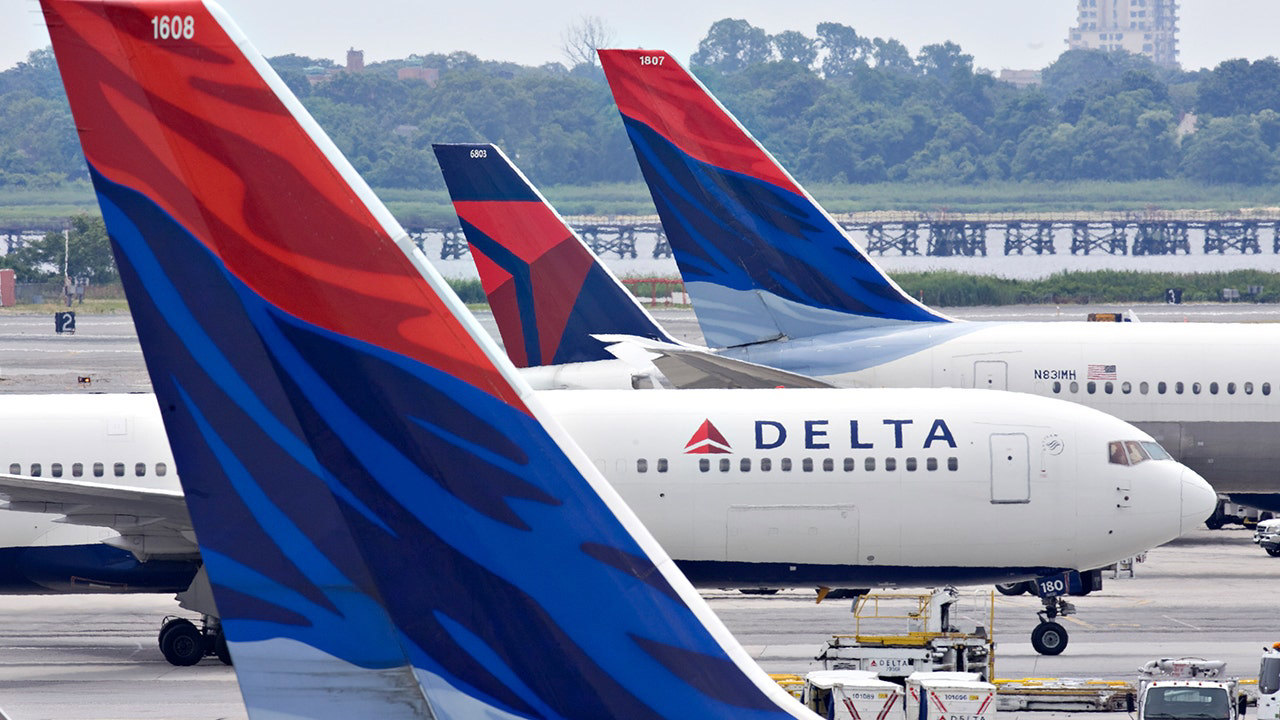
October 270 Comments
Delta Flight Attendant Slide Deployment: What Really Happened?
A Delta flight attendant accidentally deployed an emergency slide at Pittsburgh Airport, causing delays and high costs. Learn what happened, why, and how airlines handle such cases.

Delta Flight Attendant Slide Deployment: What Really Happened?
A surprising incident at Pittsburgh International Airport caught everyone’s attention when a Delta flight attendant accidentally deployed an emergency evacuation slide. The event caused delays, high repair costs, and raised questions about airline safety procedures. Let’s break down the full story in simple words.
What Happened on the Delta Flight
According to reports, a Delta Air Lines Airbus A220 was preparing to depart from Pittsburgh to Salt Lake City when a flight attendant accidentally opened an armed door, triggering the emergency evacuation slide.
The slide inflated and hit the jet bridge, delaying the flight for nearly four hours. Many passengers missed connecting flights, but luckily, no injuries were reported.
The repair alone cost Delta around $70,000, and the total impact — including rebookings and hotel stays — likely exceeded $100,000.
How Could This Happen?
Aircraft doors have two modes:
- Armed: Ready for emergencies — slide deploys if opened.
- Disarmed: Safe for normal boarding and exiting.
The flight attendant accidentally opened the door while it was still in the armed mode, which instantly activated the slide system. Even though the attendant had 26 years of experience, this shows that human error can happen to anyone.
The Financial and Operational Impact
This incident created major disruption for Delta Airlines:
- $50,000–$70,000 in slide replacement and door repairs.
- Four-hour delay for passengers.
- Dozens of missed connections at Salt Lake City.
- Hotel and rebooking costs for stranded travelers.
Delta had to coordinate replacement aircraft, inspect the damaged door, and reassign crew — making it one of the costliest mistakes in recent airline news.
Why This Incident Matters
- Safety risk: If such deployment happens near ground staff, it can cause injury.
- Human factor: Fatigue or distraction can lead to small but costly errors.
- Training: Reinforcing door-arming and disarming procedures is essential.
- Passenger trust: Airlines must handle delays with transparency and care.
Delta’s Response
Delta Airlines quickly confirmed that passenger and crew safety remains their top priority.
The company launched an internal investigation and reinforced crew training sessions to avoid future errors.
All passengers were provided accommodations and new flights, and the aircraft was inspected before being cleared for future operations.
Lessons for the Airline Industry
This case is a lesson in how a small mistake can become an expensive event.
Airlines are now reviewing:
- Door indicators and visual warnings.
- Extra “cross-check” procedures between attendants.
- Simulation-based training to handle pre-flight stress.
- Fatigue management and workload scheduling.
For Passengers
- Always stay calm during flight delays — safety comes first.
- Keep airline contact info updated for rebooking alerts.
- Remember that behind every delay, safety checks protect you.
Trending in U.S. News
This story quickly went viral across social media with hashtags like:
#DeltaFlight, #EmergencySlide, #AirlineNews, and #DeltaMistake.
Many people supported the flight attendant, noting how stressful pre-flight procedures can be.
- DeltaMistake
- AirlineNews
- EmergencySlide
- DeltaFlight

Comments